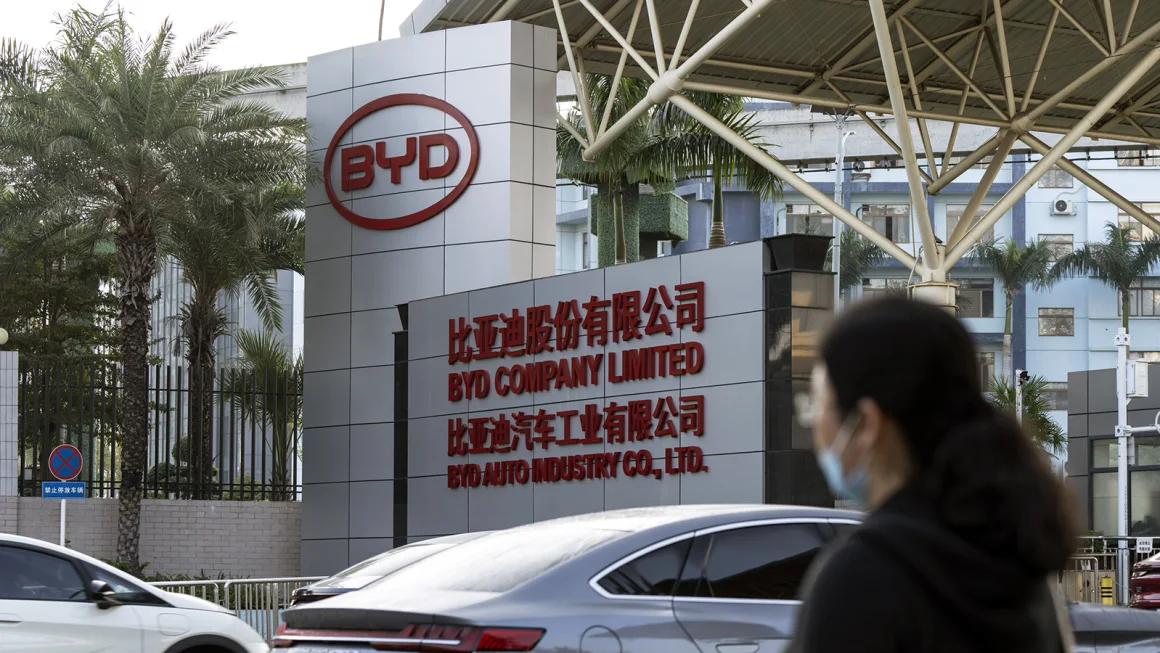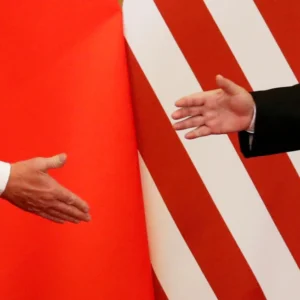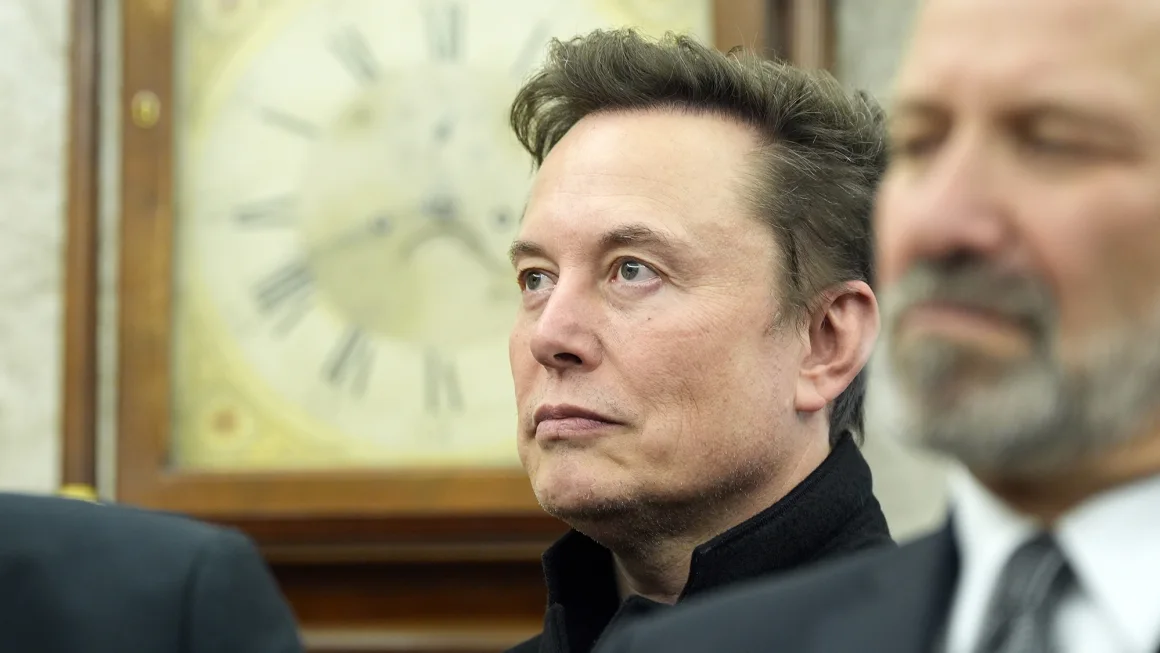President Donald Trump’s recent visit to the Middle East has sparked a wave of major AI agreements that could reshape the global tech power balance and reinforce the United States’ leadership in artificial intelligence.
On May 12, Saudi Arabia’s Public Investment Fund launched a new AI startup called Humain, backed by key US tech giants Nvidia, AMD, and Qualcomm. These companies will supply advanced chips and collaborate on building AI infrastructure for Humain.
In a significant policy move, the Trump administration also announced it would repeal the Biden-era “AI Diffusion” rule—a regulation that would have limited the export of top-tier AI chips starting May 15.
One of the biggest developments came in the UAE, where the US and Emirati governments unveiled plans for a 5-gigawatt data center complex in Abu Dhabi—set to become the largest outside of the United States. For context, the global data center capacity currently stands at about 59 gigawatts, according to Goldman Sachs. In return, the UAE and Saudi Arabia will also invest in data centers within the United States.
President Trump further revealed that the UAE will now have access to purchase some of the most advanced US-made AI semiconductors, creating a new channel for American chip exports.
Experts and officials say the scale of these developments is unprecedented and could have long-term global consequences. Sam Winter-Levy, a fellow at the Carnegie Endowment for International Peace, called the projects “massive” and said they may significantly shift the dynamics of the AI race.
Trump’s AI advisor, David Sacks, posted on X that these moves represent a “game-changer” that will help establish American AI technology as the global benchmark.
One critical factor is energy. AI requires enormous computing power—and energy—to train large models. The US faces growing strain on its power grid, limiting the expansion of domestic data centers. Partnering with energy-rich Gulf states, experts argue, is a strategic solution to this bottleneck.
“There’s not really an immediate domestic fix,” said Mohammed Soliman from the Middle East Institute. “Gulf partnerships provide a faster path forward.”
However, not everyone is convinced. A group of Democratic lawmakers voiced national security concerns in a letter dated May 19, warning that without strict safeguards, US-made AI chips could end up in China—or be used for military purposes by Gulf nations.
Winter-Levy noted the level of risk depends on who controls the data centers. If they are operated by US companies, the risks are relatively low. But direct access for local Gulf firms could pose challenges.
Both Saudi Arabia and the UAE have announced bold plans to develop their own AI industries, positioning themselves for a future beyond oil. Collaborating with the US gives them an edge—but also raises the stakes for Washington.
US officials say rejecting the Gulf could have pushed them toward China, where companies like Huawei are racing ahead in AI hardware development. “If we turn our backs, we hand them over to Beijing,” said Sacks in his post.
Winter-Levy believes the Gulf could emerge as a “third major force” in global AI, though talent shortages may slow their rise compared to AI powerhouses like the US and China.
“This is a turning point,” said Soliman. “The US-Gulf alliance is shifting—from oil to compute.”
Still, some in Washington argue that America must prioritize developing its AI infrastructure at home. If the Gulf becomes a key host for US compute power, Winter-Levy warns, it could give those governments leverage over both US tech firms and foreign policy decisions.
In short, these new deals may mark a powerful acceleration of US global AI dominance—but not without complex geopolitical trade-offs.














